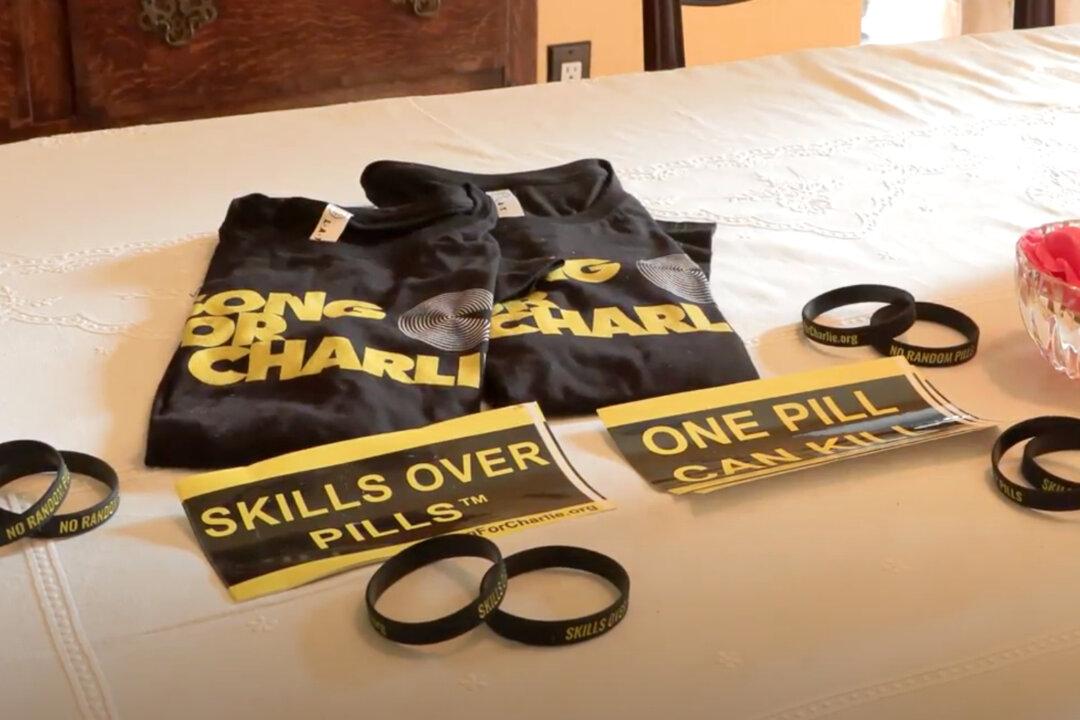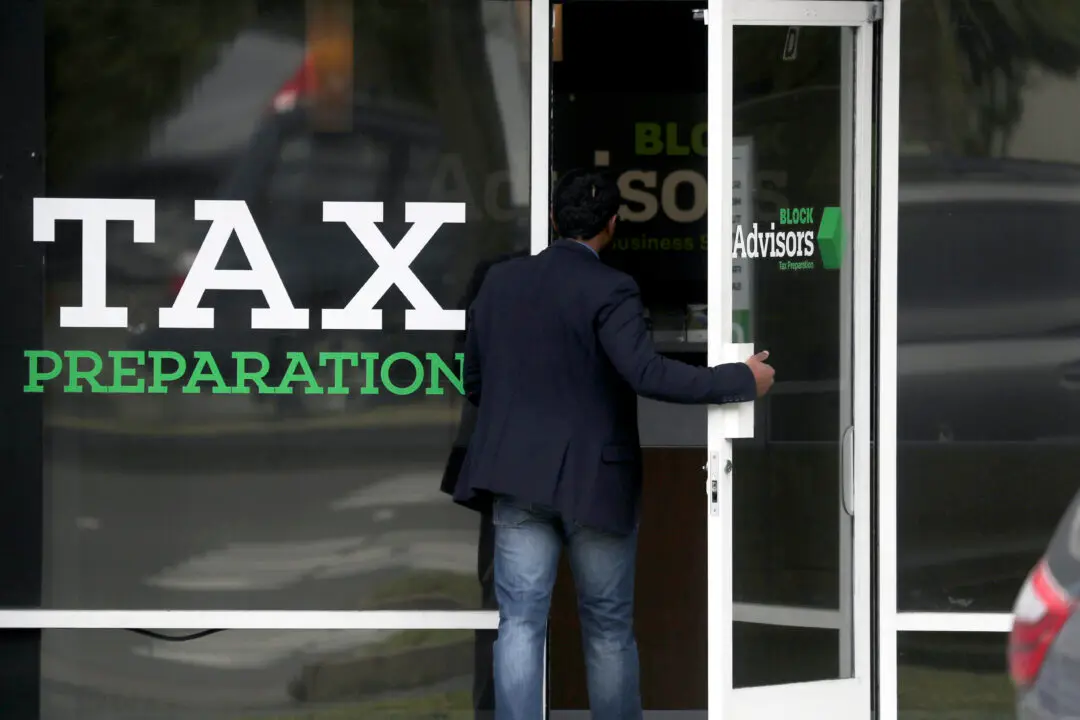PASADENA, Calif.—The lives of Ed and Mary Ternan changed on May 14, 2020, when their 22-year-old son, Charlie Ternan, was found dead in his college dorm at Santa Clara University.
“I couldn’t believe what was happening, that he was gone, you know. And they said, ‘Oh, he died of pills,’ and I said, ‘Pills? What are you talking about, pills?’ He was just here, and we didn’t find any evidence of any pills. It’s just the worst kind of news any parent could receive,” Mary told NTD Television.





